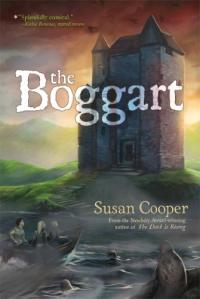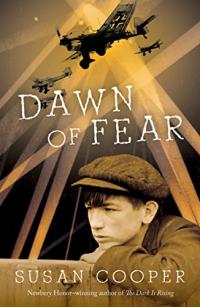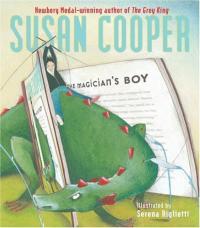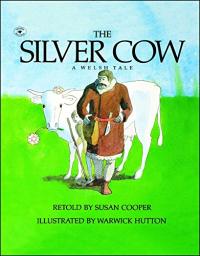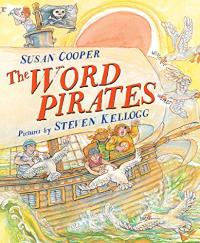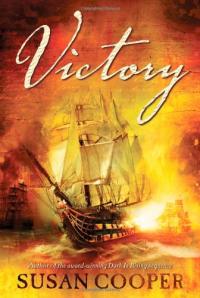
Biography
Susan Cooper has been writing professionally for more than 30 years, across many genres — newspaper articles, books for children and adults, screenplays for television and film, and a Broadway play.
Born in Burnham, Buckinghamshire, England in May 1935, Susan Cooper attended Oxford University where she read (studied) English. During her time at Oxford she was the first woman ever to edit the University newspaper, Cherwell. Right after graduation, she began work as a reporter at The Sunday Times in London (her first boss was Ian Fleming) and later became a feature writer.
Her first books were written during this period, after work and at weekends. In response to a publishing house competition for a children’s adventure story, she wrote what was to become her first book in her beloved The Dark Is Rising fantasy series, Over Sea, Under Stone. In this novel, readers get the first insights into the battle between the Dark and the Light and the introduction to the Arthurian and Celtic myths and legends that are central to the series.
In 1963 Susan left England to marry an American, a professor at the Massachusetts Institute of Technology, and went to live in the USA. She continued to write — nonfiction for adults and young adults — as well as the remaining books in the five-part series. One of the books in the series, The Grey King, won the Newbery Medal in 1976.
After completion of The Dark Is Rising series, Cooper began to work in the theater, beginning by writing scripts for the annual Christmas Revels directed by John Langstaff. Several short plays, and her poem The Shortest Day, are still performed in Revels productions throughout the USA. Her first major play, Foxfire, was written in collaboration with the Canadian actor Hume Cronyn, who became her second husband. She also began writing award-winning television screenplays, including The Dollmaker, Foxfire, and To Dance With the White Dog.
Since the 1980’s Cooper has continued writing children’s books that explore fantasy, myth, legend, time travel, and traditional folktales. Cooper now lives on an island in a salt marsh in Massachusetts, very close to her children and grandchildren.
Find this author’s books on these booklists
Themed Booklist
Beyond Harry Potter
Themed Booklist
Holiday Buying Guide 2019
Themed Booklist
Selected Books for December Celebrations
Themed Booklist
